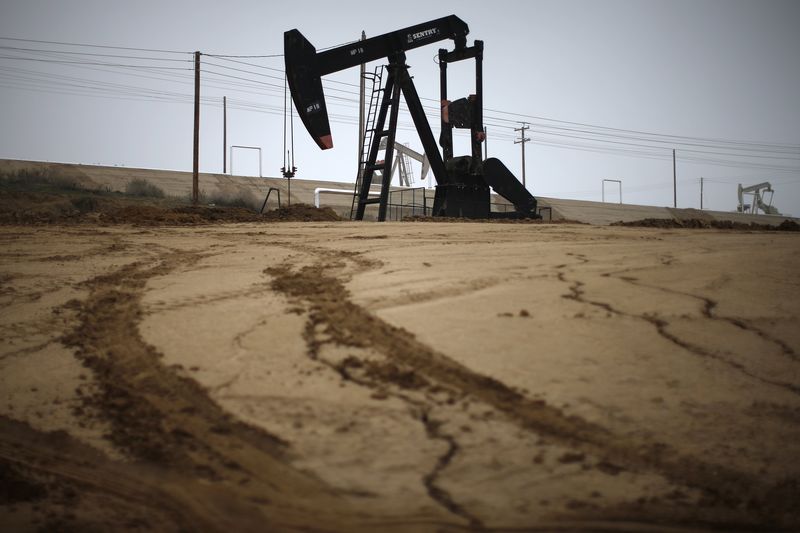
© Reuters.
By Ambar Warrick
Investing.com– Oil prices fell further on Wednesday, erasing all of the week’s gains as concerns over sluggish crude demand outweighed what was seen as a nominal supply cut by the OPEC+.
London-traded Brent oil futures fell 0.5% to $92.39 a barrel, while U.S. West Texas Intermediate crude oil futures sank 0.5% to $86.41 a barrel by 20:29 ET (00:29 GMT). Both contracts sank 3% and 2.4% respectively on Tuesday.
New COVID lockdowns in China appear to be the biggest source of concern for crude demand, given the country’s large oil imports. The government recently extended a lockdown in the Southwest city of Chengdu.
Chinese trade data, due later in the day, is also expected to shine more light on the country’s crude demand.
Additionally, strength in the U.S. dollar, on growing expectations of more interest rate hikes by the Federal Reserve, is also weighing on oil prices. A stronger dollar makes importing crude more expensive, which has a knock-on effect on demand.
Major importers such as India and Indonesia are already facing pressure over their crude demand, given the recent depreciation in the rupee and rupiah.
Fears over slowing demand and a strong dollar largely overshadowed a 100,000 barrels per day supply cut by the Organization of Petroleum Exporting Countries and allies (OPEC+). The figure accounts for 0.1% of global daily demand, and was widely branded as symbolic. Oil prices had still risen briefly in the wake of the cut.
But the supply cut broadly disappointed traders hoping for a bigger reduction, given that OPEC leader Saudi Arabia had vowed to support crude prices with lower production.
Additional oil supply from Russia, which vowed to increase shipments to Asia as a response to price caps set by the U.S. and Europe, is also expected to weigh on crude prices.
U.S. Crude demand is also expected to decline going into winter. But U.S. gasoline demand improved in recent weeks as fuel prices dropped.
A brewing energy crisis in Europe is also expected to increase oil demand this winter, after Russia shut a major gas line to the European Union. Some countries in the bloc are expected to switch to heating oil in the fourth quarter.
Source: Investing.com




























